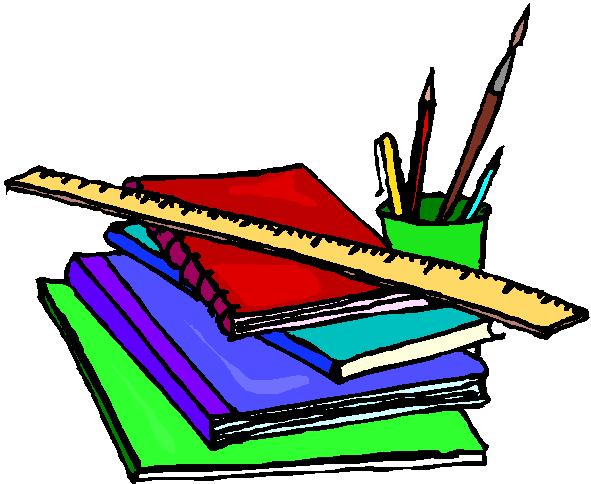Making Progress in the Educational Sector
There is no doubt that the educational system in Sierra Leone is facing serious challenges: there is a lack of adequately trained teachers, the teaching profession is underappreciated and underpaid, there are limited or no water, toilet or sanitary facilities, there is a shortage of teaching and learning materials, and poor performance at public examinations. The budget for the Ministry of Education is limited to support all schools financially. As a result, the operational costs of schools are mostly the burden of parents. Nevertheless, government is making steady progress in transforming the sector. (Photo: Jarrah Kawusu-Konte, author)
At a public gathering to launch the first school census report for the 2010 academic year, His Excellency Dr Ernest Bai Koroma said that the census report will enable government to determine more areas for intervention and strengthening. “This is the first ever scientifically validated and launched school census in the country. It provides us with a picture of our schooling situation at local and national level. The picture painted is one of progress with warning lights. Enrolment in schools have greatly increased for both boys and girls, but the transition rates for girls to other levels of schooling are far less than those of boys”, he said.
Dr Minkailu Bah, Minister of Education, Science and Technology has maintained that the report provides essential data for proper planning, policy formulation aiding policy decisions, evaluating the impact of interventions and keeping track of the state of the education system.
According to the report, many girls do not progress beyond the primary level, which suggests that instead of the BECCE level, most girls actually complete their schooling at the NPSE level. Availability of schools, tuition fees, traditional considerations and other competing demands are generally responsible for this.
In an attempt to stem the tide of dropouts among girls in schools, President Koroma revealed that “We are already paying tuition for girls, all in an effort to increase their schooling enrolment and retention rates”, and called on communities, religious leaders and cultural entrepreneurs to help “raise the awareness that more girls in schools mean better families, better communities and a better nation”.
He further noted that government has paid tuition fees for girls in JSS as well as women studying sciences in the universities. “In addition to paying for public exams for primary, junior and secondary schools, we also pay for public examinations in polytechnic and teacher training colleges, the President continued.
According to Dr Ernest Bai Koroma, increases in the salaries of teachers range from 200 to 400%, depending on the grade of the teachers as well as increases in the salaries of lecturers by over 50%, adding that these increases are more than any increases before by any government. “When we took over government in 2007, government subvention to the University of Sierra Leone was 9 billion Leones; today it is 38 billion Leones; we have increased the subvention to Njala University from 8 billion in 2007 to 26 billion today,” he declared.
Furthermore, the Chief Executive maintained that, “When lecturers in teachers’ training colleges demanded 20% increase in their salaries, we gave them a 50% increment, while disclosing that, “We have increase allowances to Sierra Leoneans studying abroad from 60 dollars a month in 2007 to 150 dollars today”.
The number of schools being built under this government is second to none in the history of this country. According to President Koroma, this government has built more schools and is supporting more schools than ever before. “We are paying for public exams more than ever before,” he disclosed.
In all of this, one sees nothing but progress being made to transform the educational sector in the country. The interventions being tirelessly made to get girls in schools and retain them are very outstanding under this government and this must be sustained if these gains are anything to go by.
In his acknowledgement of the many challenges facing the educational system President Koroma noted that, “I am happy to note that our partners are ready to help us with this task and that key findings from this report and information from other government documents such as the 2012 White Paper on Education and the 2011 Capacity Development Strategy together with findings from commissioned studies as well as details in survey reports such as the 2011 Multi-Indicator Cluster Survey (MICS) and the 2008 Demographic Health Survey (DHS), published in 2009, will be analyzed, aligned and fed into a single Education Sector Plan of Sierra Leone.”
This is a step in the right direction and it shows that the government is serious about enhancing the educational sector in Sierra Leone.
A senior teacher at the Saint Joseph’s Convent in Freetown has opined that the school census report is first of its kind. He confirmed that the salary increment given to teachers is unheard of in the history of Sierra Leone since independence. “The fact that a school census report has been published for the first time implies a radical departure from past educational arrangements. The findings of the report are nothing but the truth. In my school, for example, there are still challenges of toilet and sanitary facilities as well as adequate furniture. In most classes, there is always a scramble for chairs and desks among the girls,” he said. The teacher who asked for anonymity concluded that, by and large, there is marked progress in the educational sector in the country under this government.
By Jarrah Kawusu-Konte
Stay with Sierra Express Media, for your trusted place in news!© 2012, https:. All rights reserved.






